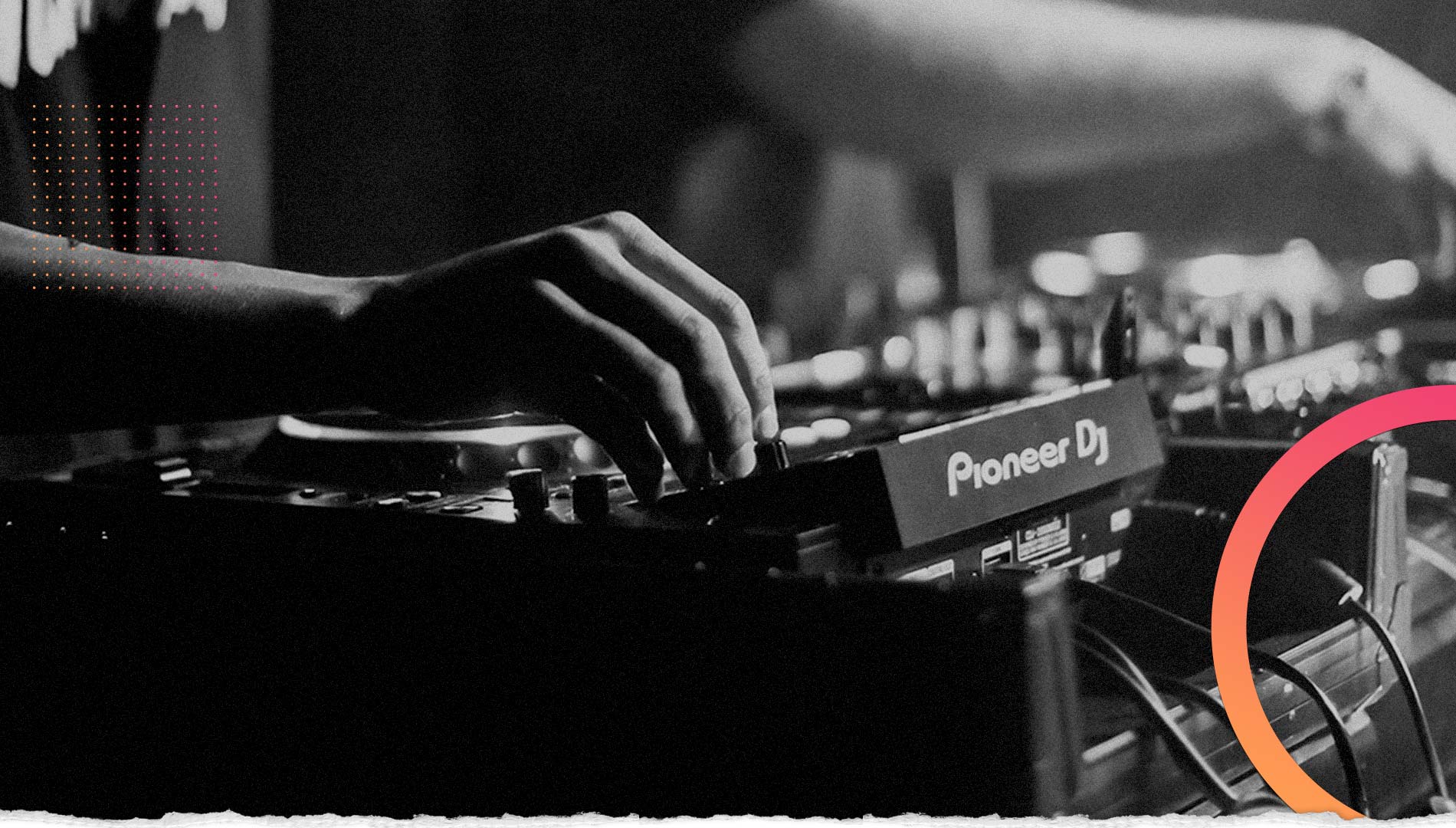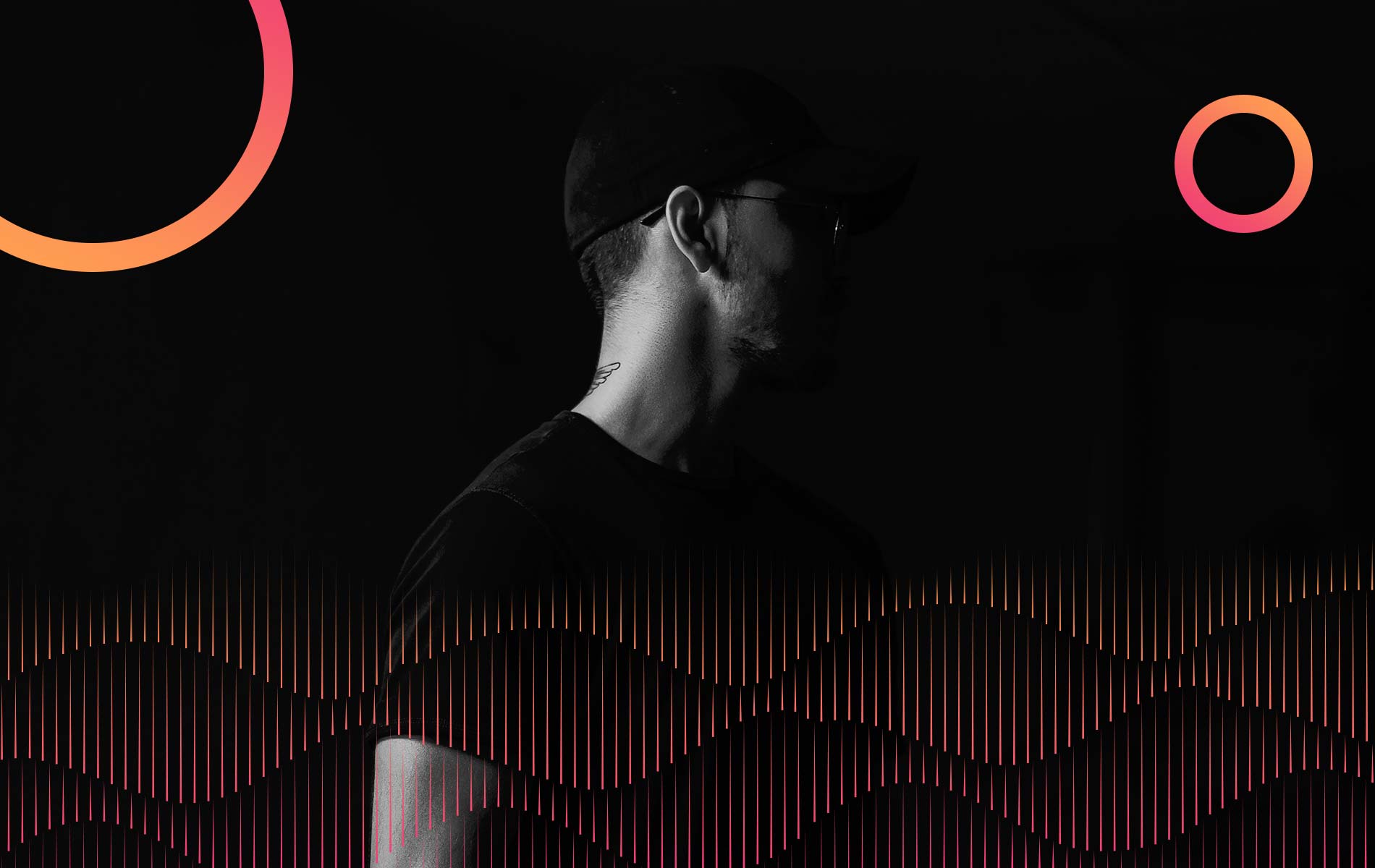Listeners:
Top listeners:
-
 play_arrow
play_arrowElectromusic FM RADIO ONLINE 24/7
-
 play_arrow
play_arrowLondon Calling Podcast Yana Bolder
Seth Troxler.
It all begins with thumping bass. Then, driving synths enter. Celestial tones follow before the drums kick in. Quick yet gentle beats take center stage, with tinkering tunes later making their way to the forefront. Elements of the song begin to disappear, bringing audiophiles back to the beginning. The sonic qualities slowly renter, but in a different order from how they started.
These are the sounds of “Moment.”
These are the sounds that started Seth Troxler.
This year, Troxler celebrates the 20th anniversary of “Moment,” which he created when he was 17 under his former alias, Young Seth. Shortly after, the tastemaker began going by his legal name and current stage name, Seth Troxler.
The sound designer saw early success as he played Berlin’s Panorama Bar mere weeks after finishing high school. His fame has catapulted since. He was voted No. 3, No. 2 and then No. 1 in the Resident Advisor Top 100 DJs polls. His three accolades were received in the 2010, 2011 and 2012 polls, with him reigning in the last year.
Troxler has graced the stages of esteemed clubs and parties, such as CircoLoco, Watergate, Fabric, Warung, Robert Johnson and Womb. He has also gotten behind the decks of famed festivals, including Movement Electronic Music Festival, ZoukOut, Tomorrowland, Glastonbury, Coachella, Electric Daisy Carnival Las Vegas, Wonderfruit, Sónar and Burning Man. From “stillWON’T4GETU” to “Dead Room; Trust; Dexter,” “Hate” and “Pills,” the producer has created numerous hits designed for the underground.
When defining Troxler’s sound, some might assume house or techno. This assumption wouldn’t be accurate as his catalog cannot be categorized as one style. When asked to describe his sound in three words, he says, “The best genre is no genre.” Although he hit more than three words, his answer is correct. His response stays true to who he is as an artist, adding, “I try really not to be definable.” His chameleonic sonic capabilities have led him to stay progressive throughout his storied career.
“I really try to play music from all different kinds of electronic music genres and outside [of electronic music],” Troxler says. “[With] so many different people, you can say, ‘Oh, they play exactly this or that.’ But I’m one of the few deejays where you turn up to hear me play, and you don’t really know what to expect. You’re like, ‘Oh, he’s doing this today or doing that today.’ I think my fans like that, but I guess some people like what it says on the can. For me, [my fans are] like, ‘Okay, he’s playing something totally different,’ which I think is exciting.”
However, Troxler is more than just a music producer. He’s a cultural commentator, entrepreneur, restauranteur and art curator. The recent launch of his Slacker 85 label is just one example of his vast and multifaceted capabilities.
The imprint focuses on fusing art and fashion, spotlighting culture and highlighting the eccentric, obscure and wide-ranging sounds that are coming from various artists and genres. One instance of the cultural aspect is seen in Lost Souls of Saturn, a live project that combines music, storytelling and technology to explore new ways to access human perception and challenge the ways we see the world. It has been showcased in renowned museums worldwide, including New York City’s The Metropolitan Museum of Art (The Met), London’s Saatchi Gallery and Switzerland’s Fondation Beyeler. Lost Souls of Saturn is one of the many ways Troxler comments on the cultural zeitgeist.
“[Slacker 85] is about trying to find cultural moments,” the artist says. “Even the crazy things—the bats or the naked video with the dog—were all taken from very big pop culture moments. The bat video [was] obviously from “Fear and Loathing in Las Vegas,” where on the other side, the naked video was a reference to Stefan Sagmeister, a very famous Austrian [born] and New York [based] graphic designer. Everything I try to do always has these kinds of…there’s always this trail that goes back to some cultural moments. So I, really both musically and image-wise, try to find points in culture that can be exposed and turned into a tongue-in-cheek funny thing.”
According to the sound selector, the ‘90s have recently become popular. Troxler grew up in this era, which he says “was about the anti-hero.” He believes we’re currently in a cultural place where commercialism and wealth are idealized, and the “alternative” has been lost. He says music, culture and fashion have historically worked together to represent the current zeitgeist during any time period. He cites that 60% of United States residents live paycheck to paycheck, adding that England also faces a housing crisis. The Vanguard says there is a disparity between what is being shown on television and what is actually happening. He sees music and clothing as ways to represent current affairs, noting how vintage clothing was popular in the ‘90s because it was “what people could afford after the ‘80s and Reaganism.”
“I think the youth really have lost a feeling where they feel like they can actually gain anything, go forward, own a house or have a future,” the entrepreneur says. “So many people are living really in the now, [and] I think the music and the ideas that I want to push are reflective of that.”
Troxler says it’s “incredible how big club culture has come” since the start of his career. He says raving was a niche culture “for outsiders” in the ‘90s and the aughts. Now, he says, the scene attracts people from all areas of life, such as queer folks and Black people, and allows them to intersect and meet on the dancefloor—with them even creating their communities with those they meet. Troxler finds that the dance music scene is “much more [of an] open home for everyone to find themselves outside of somewhat cultural norms and really become these somewhat weekend warriors.”
“Years ago, it would be impossible to think artists like myself or like John Summit would interact, but John [Summit] and I are friends,” the Detroit-raised producer says. “There are so many different crossovers now between what the industry has become. There is, in my mind, no longer a true underground. With Beyonce’s new album and Honey Dijon working on that, and Luke Solomon and so many different underground producers getting Grammys for making house music…we’ve come to this full circle moment.”
The trailblazer says Jellybean and David Morales worked on massive pop records during the ‘80s and ‘90s. He says dance music artists creating mainstream songs is cyclical, and we are seeing it now so that once again, “electronic and dance music are at the forefront of society.”
Troxler recently relaunched his esteemed Tuskegee Records imprint, founded with dynamic duo The Martinez Brothers. The initial goal of the 2014-founded label was to uplift Black, Latin and minority talents. This is particularly notable as Troxler is a Black artist, and The Martinez Brothers, comprised of Steve and Chris Martinez, is a Puerto Rican production pair. Troxler says dance music was founded on queer folks and Black and Brown communities, but he and The Martinez Brothers realized hardly any artists in those spaces were being represented in the current scene.
“There were so few artists from our communities coming forward, and [dance music is] coming from these great legacies,” he says. “We’re like, ‘This is tragic.’ So we formed this label, Tuskegee, to elevate a lot of these voices. And then, this was years ago when the conversation wasn’t as [progressive], record labels and all these people were like, ‘Oh, that’s racist. You can’t only feature artists who are Black and Brown.’ We’re like, ‘Why not? It’s a cultural exploration.’”
Troxler says his intention wasn’t to segregate artists by ethnicity but to focus on dance music’s heritage. The label shut down four years ago, but it’s reopened with a focus on spotlighting emerging talent.
“[The Martinez Brothers and I] always thought it was important for us as established artists to support young people and try to create an image where people can also resonate,” Troxler says. “I think with anything, when people see people from their backgrounds—whether it be women artists, Black artists, whatever—it makes the idea or the dream seem more possible. I think what’s really important is representation and the more representation that there is, the more people start to realize that they can also be part of that dream.”
The Kalamazoo, Michigan-born artist believes the dance music industry has become more inclusive. He says that five years ago, before the pandemic, conversations around representation took place. Now, he says, he’s seeing “the fruits of that labor” with “so many more artists coming up from different backgrounds [and] really having a huge moment.” Troxler adds that people need to enter conversations about race and sexuality by being conscious of differences, which he sees more of, particularly with younger generations since they are “so much more aware” of those topics.
Indeed, Troxler boasts an illustrious resume with his career achievements, genre-defying sounds, artistic abilities in many spaces and work to champion underrepresented and burgeoning acts. The unbound producer follows his own path, one that is full of creativity and has an eye on what’s next. Keep watching Troxler. He is sure to continue to impress.
Written by: Soft FM Radio Staff
Similar posts
Electro Music Newsletter
Don't miss a beat
Sign up for the latest electronic news and special deals
EMAIL ADDRESS*
By signing up, you understand and agree that your data will be collected and used subject to our Privacy Policy and Terms of Use.
Podcast episodes
Copy rights Soft FM Radio.







